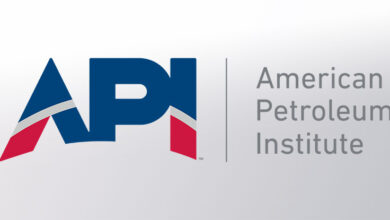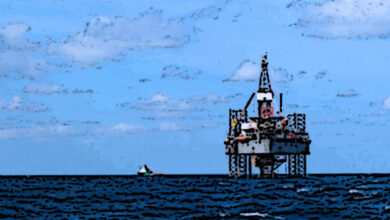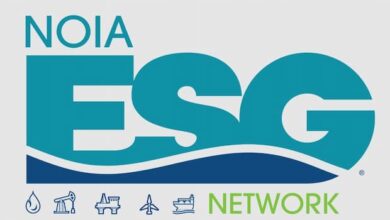News Cuttings
IADC issues semi-annual report on international regulatory and standardization activities affecting the offshore industry
The newest edition of IADC’s “International Standards Activities Affecting the Offshore Oil and Gas Industries” semi-annual report is available from the IADC Offshore Division.
The report includes significant activities over the past six months. Highlights of the current report include:
• Possible amendments to the International Labor Organization’s Maritime Labour Convention now that it has entered into force;
• Development of a mandatory IMO Code for ships operating in polar waters;
• Amendments to the MODU Codes to mandate enclosed space entry and rescue drills;
• Revised IMO Recommendations for the Training and Certification of Personnel on Mobile Offshore Units (MOUs);
• Revised IMO Guidelines for the structure of an integrated system of contingency planning for shipboard emergencies;
• Carriage of more than 12 industrial personnel onboard vessels engaged in international voyages;
• International Association of Classification Societies Guide for the Development of Shipboard Technical Manuals;
• ISO TR 31004:2013 – Risk Management – Guidance for the Implementation of ISO 31000;
• ISO TR 12489:2013 – Petroleum, Petrochemical and Natural Gas Industries – Reliability Modeling and Calculation of Safety Systems;
• API Bul 97 – Well Construction Interface Document Guidelines, First Edition;
• OGP standards and guidelines for drilling, well construction and well operations; and
• OGP’s “Shaping Safety Culture through Safety Leadership” report.
Alan Spackman, IADC VP, Offshore Division, is responsible for compiling the report.
“IADC has published this report for the last 15 years to keep members apprised of ongoing regulatory and standardization developments,” he said. “The next version of the semi-annual report will be available in September 2014 via the IADC website.”
Click here to access the latest version of the semi-annual report.
IADC Bookstore offers new resources
The IADC Bookstore has been updated to include several new resources:
Mud Pump Report Form:The new form, designed for mud-pump monitoring, tracks total hours on the pump, as well as on individual cylinder components for each of three pump cylinders. Individual cylinder components include liner, piston, liner gasket, suction valve, discharge valve and valve seat.
Daywork Drilling Contract – US Land: The IADC Contracts Committee completed an update of the IADC Daywork Drilling Contract – US Land, the first major update of the form in a decade. The contract, bearing the revision date of November 2013, provides a model for drilling operations conducted on a continuous per-day price, from start of well through final depth. It includes updates to address latest case law and to more clearly address its usability for multiwell and term period contracts.
Drilling Near Miss/Hit Report: The new Drilling Near Miss/Hit Report, and its companion, Well Servicing Near Miss/Hit Report, are designed to help capture all potential incidents. Studies show that systematic programs of reporting, reviewing and sharing near-miss/hit events lead to improved safety.
Electronic versions are available on the IADC website. All data submitted is confidential.
Click here to access the IADC Bookstore to purchase the new resources.
Click here to view a video with IADC CEO Stephen Colville on the Near Miss/Hit Reports.
Drilling Engineers Committee formed
IADC recently formed the Drilling Engineers Committee, formerly known as the Drilling Engineering Association (DEA).
The DEA was formed to advance new technology related to drilling wells and has a long history of hosting joint industry projects sponsored by IADC members, as well as showcasing new technologies at industry forums.
“IADC has long provided administrative support to the DEA, and we welcome them into the fold as a full committee,” said Scott Maddox, Director of IADC’s Drilling and Well Services Division. “Members will continue the DEA’s legacy of aiding the development of future industry-sponsored projects and working collaboratively with universities and research groups.”




